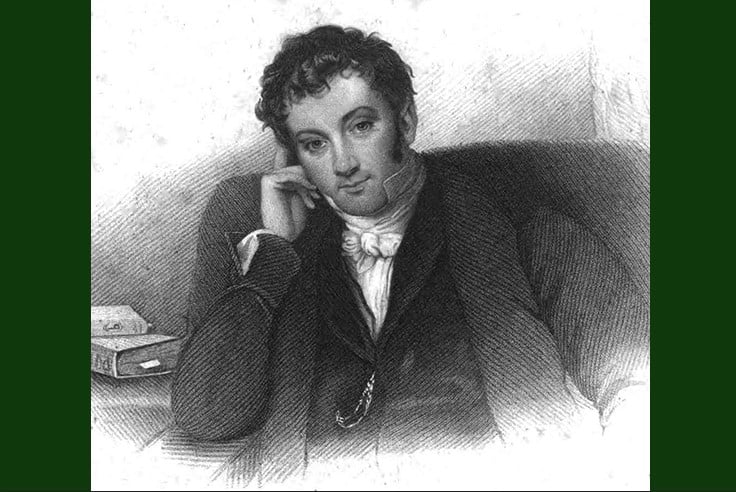According to Walter Russell Mead’s recent analysis “One way to read Trump’s second victory in three elections is that the movement for a post-American America with a successor ideology and post-Judeo Christian cultural and ethical foundation aimed at fundamentally changing American society has reached it sell-by date.”
Do not hold your breath.
The demise of “woke” has been greatly exaggerated. The unfortunate truth is that the “woke” era under which the great mass of Americans has been harassed since the reelection of Barack Obama is merely the latest spasm of the puritanism that has periodically plagued the body politic since the English Civil War. The particular issues change, but the insufferable moralization and coercive war on preexisting cultural traditions and symbols are always recognizable.
Fortunately, wokeness does appear to be receding at the moment, the antidote having been provided by a New Yorker who “looked at things poetically rather than politically” and “revered the past and the stability that a sense of the past provides.” No, I am not referring to Donald Trump, but another knickerbocker—Washington Irving.
Born in 1783, the year of victory over the British, Irving’s life would span the entire antebellum period of American history. Fittingly named after the father of his country, Irving would go on to establish himself as the Father of American Literature. He believed that America’s puritanical impulses stunted healthy cultural development, a belief developed in rebellion against a puritanical upbringing under Irving’s strict Presbyterian father.
“I have no relish for puritans either in religion or politics, who are pushing for principles to an extreme, and overturning everything that stands in the way of their own zealous career,” wrote Irving. Instead, Irving had faith in tradition where “population, manners, and customs remained fixed.” And nowhere is Irving’s impact on American traditions greater than in how we celebrate Christmas.
Long before Bill O’Reilly gave it annual attention on cable news, “The War on Christmas” was waged by Puritans who successfully outlawed the observation of Christmas on both sides of the Atlantic for a time during the 1600s. New Year’s Day was the only winter public holiday in New York when Irving’s A History of New York was published on December 6, 1809. The date was significant as it was the Feast of St. Nicholas and the good saint’s name appeared more than two dozen times in what was only ostensibly a history of the Dutch civilization along the Hudson River, but really an esoteric satire of contemporary New York society. A subsequent edition of A History of New York contained a dream sequence in which a pipe-smoking St. Nicholas enters and exits over the treetops via a flying wagon. The custom of leaving out stockings to be filled with gifts by St. Nicholas also enters Irving’s narrative.
Irving’s impact on Christmas did not end there. During a lengthy stay in England, Irving published his most famous opus, The Sketch Book of Geoffrey Crayon, Gent. (1819-1820), a collection of short stories made available to the public in installments. One such installment contained five stories describing a visit to the country estate of one Squire Bracebridge during Christmas. The reader is introduced to a panoply of ancient rituals that would eventually become familiar to revelers across the Anglophone world. These included the 12 Days of Christmas, the singing of carols, the burning of the Yule log, and the hanging of mistletoe.
Calvin Coolidge said, “Christmas is not a time or a season, but a state of mind.” The Christmas that we recognize today is an amalgamation in the popular imagination of the Dutch devotion to St. Nicholas and the old English Christmas. Both traditions were plucked from obscurity and made available for mass consumption by Irving. By doing so, Irving demolished the Puritan reluctance to embrace Christmas as a major public holiday. Both Clement Moore’s The Night Before Christmas and Charles Dickens’ A Christmas Carol are derivatives from Irving’s work.
Saving Christmas was a product of Irving’s greater social project which, in the words of Irving’s biographer Andrew Burstein, could be described as “cultural regeneration through nostalgia.” The popularization of common customs and history creates a shared humanity that does much to further social cohesion. Irving’s immensely popular biographies of Christopher Columbus and George Washington, both of whom are despised by our woke left, served the same goal. Likewise, President-elect Trump’s promise to “make America great again” points to a hopeful future by conjuring up memories of a better past.

Leave a Reply